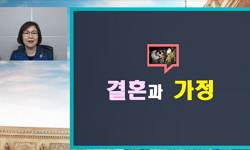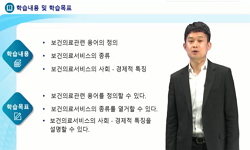This paper aims to show that metaphors govern our way of life as well as our language use through analyzing and inferring from metaphorical expressions, such as pwumcelnam (lit. sold-out man, “a married person”) or myengpwum swuswul (lit. luxury-b...
http://chineseinput.net/에서 pinyin(병음)방식으로 중국어를 변환할 수 있습니다.
변환된 중국어를 복사하여 사용하시면 됩니다.
- 中文 을 입력하시려면 zhongwen을 입력하시고 space를누르시면됩니다.
- 北京 을 입력하시려면 beijing을 입력하시고 space를 누르시면 됩니다.
https://www.riss.kr/link?id=A108981806
- 저자
- 발행기관
- 학술지명
- 권호사항
-
발행연도
2024
-
작성언어
Korean
- 주제어
-
KDC
701
-
등재정보
KCI등재
-
자료형태
학술저널
- 발행기관 URL
-
수록면
49-70(22쪽)
- 제공처
-
0
상세조회 -
0
다운로드
부가정보
다국어 초록 (Multilingual Abstract)
This paper aims to show that metaphors govern our way of life as well as our language use through analyzing and inferring from metaphorical expressions, such as pwumcelnam (lit. sold-out man, “a married person”) or myengpwum swuswul (lit. luxury-brand-commodity operation, “an outstanding operation”), describing the conceptual domains of marriage and medical care. Those expressions are linguistic manifestations of the conceptual metaphors, MARRIAGE IS A COMMERCIAL TRANSACTION and MEDICAL CARE IS A COMMERCIAL TRANSACTION. The pervasiveness of those expressions reflects the current reality in which the metaphorical conceptualization of MARRIAGE and MEDICAL CARE in terms of the COMMERCIAL TRANSACTION frame is deeply rooted as a cognitive unconscious in Korean people’s minds, influencing their decision making, behavioral patterns and culture on marriage and medical care. The former metaphor underlies the awfully low marriage rate and birthrate, and the latter metaphor underlies the breaking of equal medical care due to the skyrocketing of medical expenses in the current Korean society.
동일학술지(권/호) 다른 논문
-
- 담화·인지언어학회
- Junghye Baik(백정혜)
- 2024
- KCI등재
-
Exploring the Conversational Use of the Korean Category Term Ajumma
- 담화·인지언어학회
- Jae-Eun Park(박재은)
- 2024
- KCI등재
-
사설 담론에 나타난 여성 정치인에 대한 태도 연구 : 평가어 이론을 중심으로
- 담화·인지언어학회
- 황미경(Hwang, Mi Kyeung)
- 2024
- KCI등재
-
한국어 온도 형용사 ‘뜨겁다/차갑다’의 인지의미론적 접근
- 담화·인지언어학회
- 이대현(Lee, Daehyun)
- 2024
- KCI등재





 DBpia
DBpia






